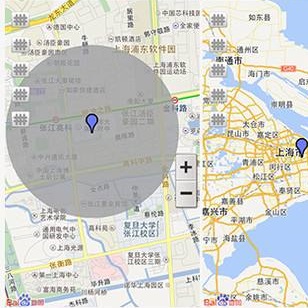Embodied agents require robust navigation systems to operate in unstructured environments, making the robustness of Simultaneous Localization and Mapping (SLAM) models critical to embodied agent autonomy. While real-world datasets are invaluable, simulation-based benchmarks offer a scalable approach for robustness evaluations. However, the creation of a challenging and controllable noisy world with diverse perturbations remains under-explored. To this end, we propose a novel, customizable pipeline for noisy data synthesis, aimed at assessing the resilience of multi-modal SLAM models against various perturbations. The pipeline comprises a comprehensive taxonomy of sensor and motion perturbations for embodied multi-modal (specifically RGB-D) sensing, categorized by their sources and propagation order, allowing for procedural composition. We also provide a toolbox for synthesizing these perturbations, enabling the transformation of clean environments into challenging noisy simulations. Utilizing the pipeline, we instantiate the large-scale Noisy-Replica benchmark, which includes diverse perturbation types, to evaluate the risk tolerance of existing advanced RGB-D SLAM models. Our extensive analysis uncovers the susceptibilities of both neural (NeRF and Gaussian Splatting -based) and non-neural SLAM models to disturbances, despite their demonstrated accuracy in standard benchmarks. Our code is publicly available at https://github.com/Xiaohao-Xu/SLAM-under-Perturbation.
翻译:暂无翻译




